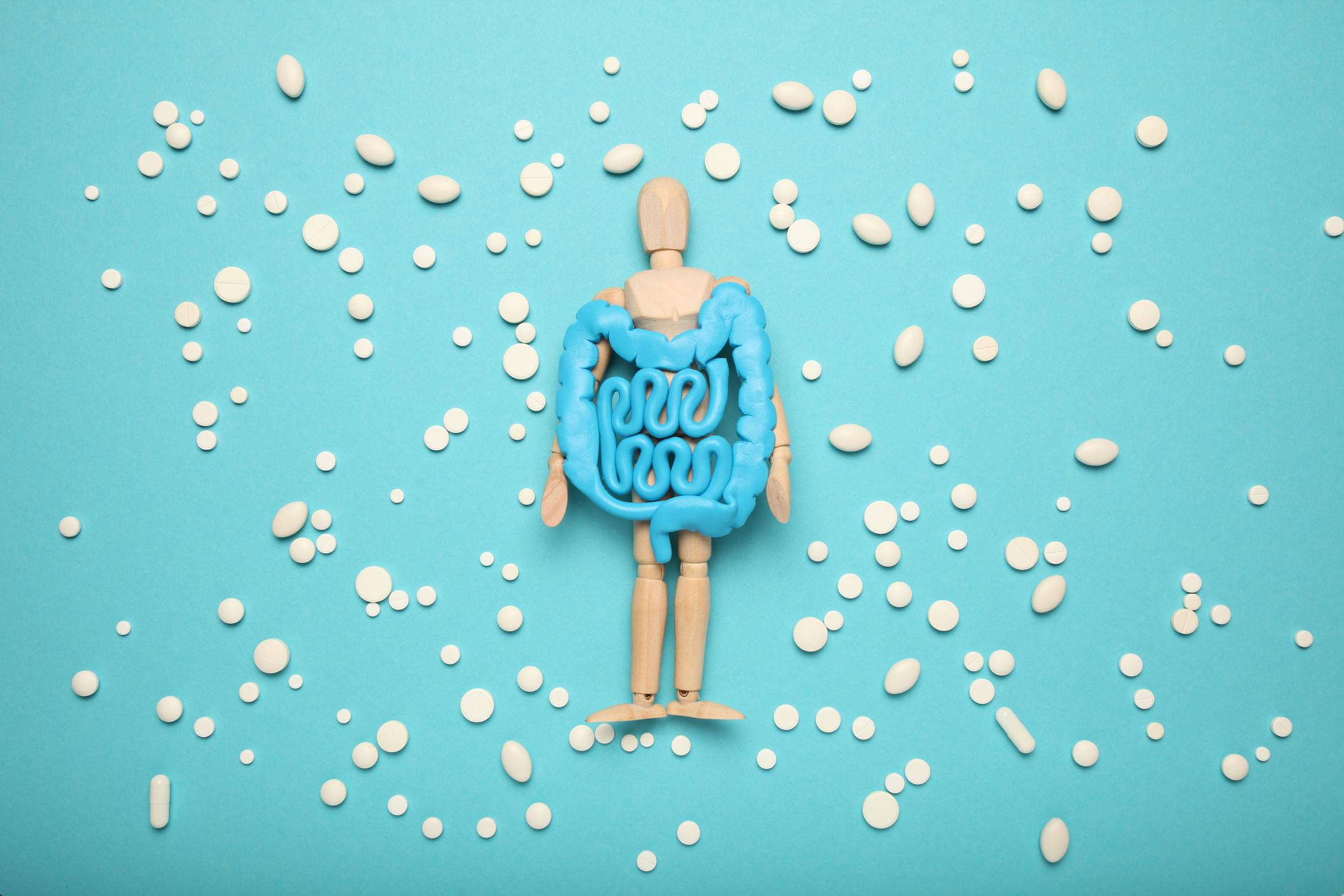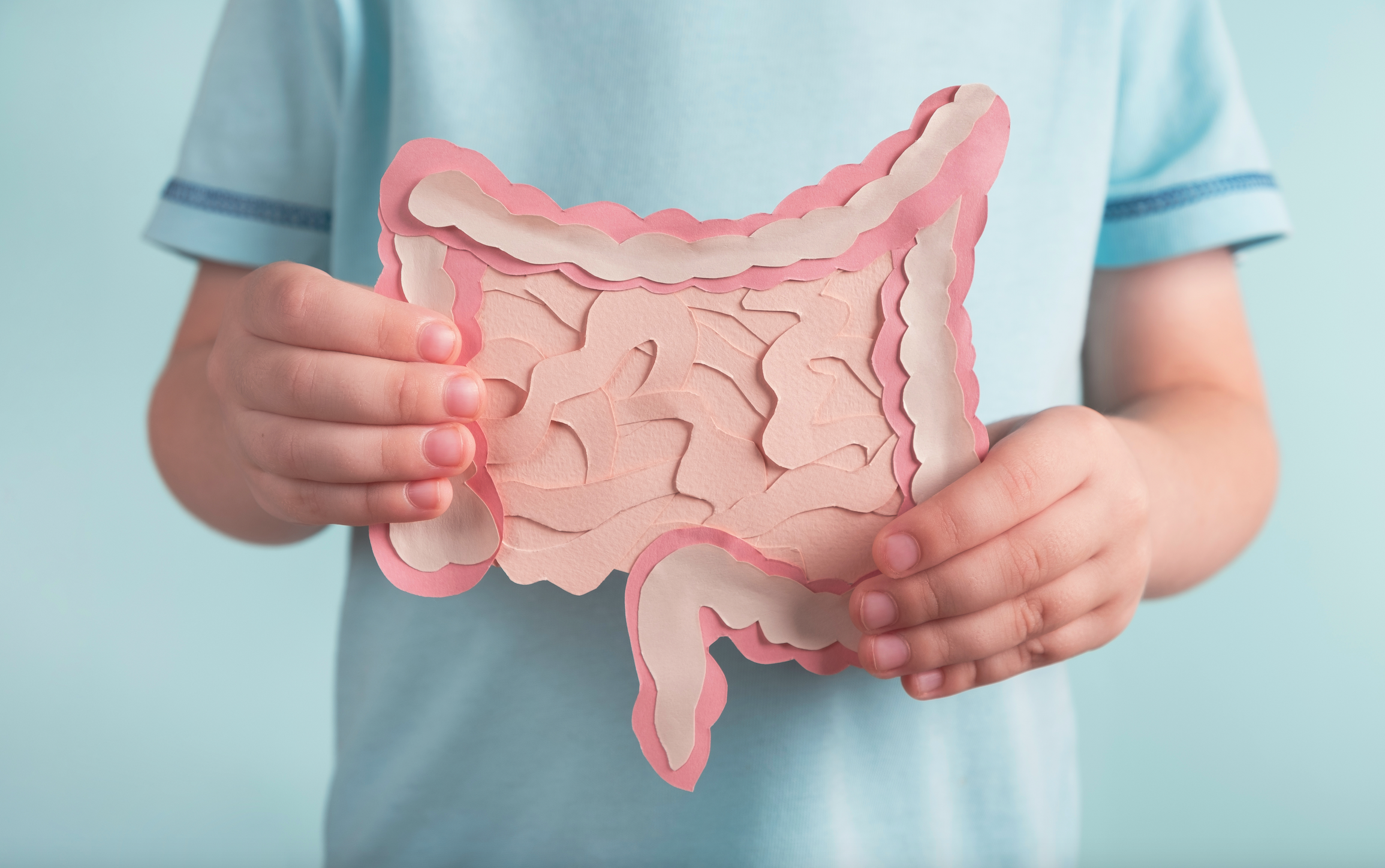Association of short-chain fatty acid–producing gut microbiota and dietary habits with maternal depression in a subclinical population
Depressive symptoms among postpartum mothers
The prevalence of postpartum mental illness is on the rise, exacerbated by the COVID-19 pandemic, necessitating long-term support for maternal mental health. Recent findings indicate that maternal depression extends beyond the perinatal period, emphasizing the need for integrated care that addresses psychological, physical, and dietary factors. Although research in Western countries has explored the link between gut microbiota and depressive disorders, there is limited understanding concerning healthy postpartum mothers in Japan, where cultural stigmas may impede disclosure of psychiatric symptoms. In our cross-sectional study, we examined the relationship between intestinal microbiota, physical health, and dietary habits with depressive mood among healthy mothers in Japan. Utilizing 16S rRNA gene-sequencing analysis, we found that higher microbiome diversity (Shannon α) and the relative abundance of butyrate-producing bacteria (such as Lachnospira, Faecalibacterium, and Subdoligranulum) correlated with elevated depressive moods. Mothers exhibiting these microbiome characteristics reported poorer sleep quality and overall physical health compared to those with lower depressive symptoms. Our dietary assessment revealed that consumption patterns rich in soy products, fermented foods, seaweed, mushrooms, and vegetables are advantageous for both depressive symptoms and intestinal microbiota diversity, specifically enhancing the presence of beneficial bacteria like Lachnospira, Agathobacter, and Subdoligranulum.
Year: 2025
 Navigation
Navigation








